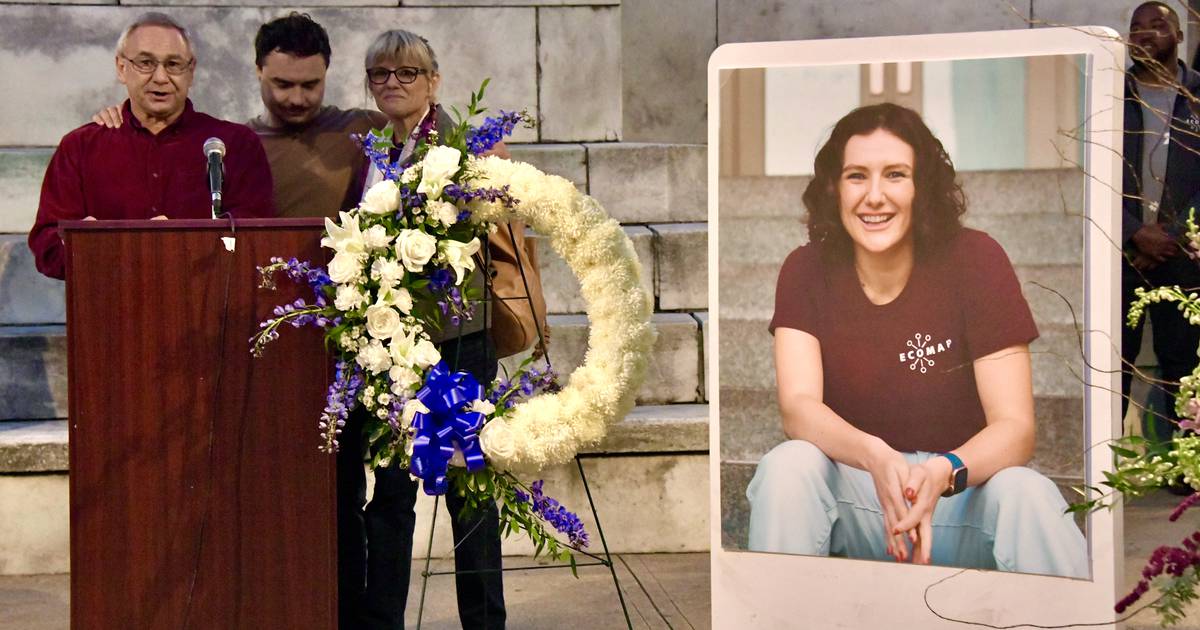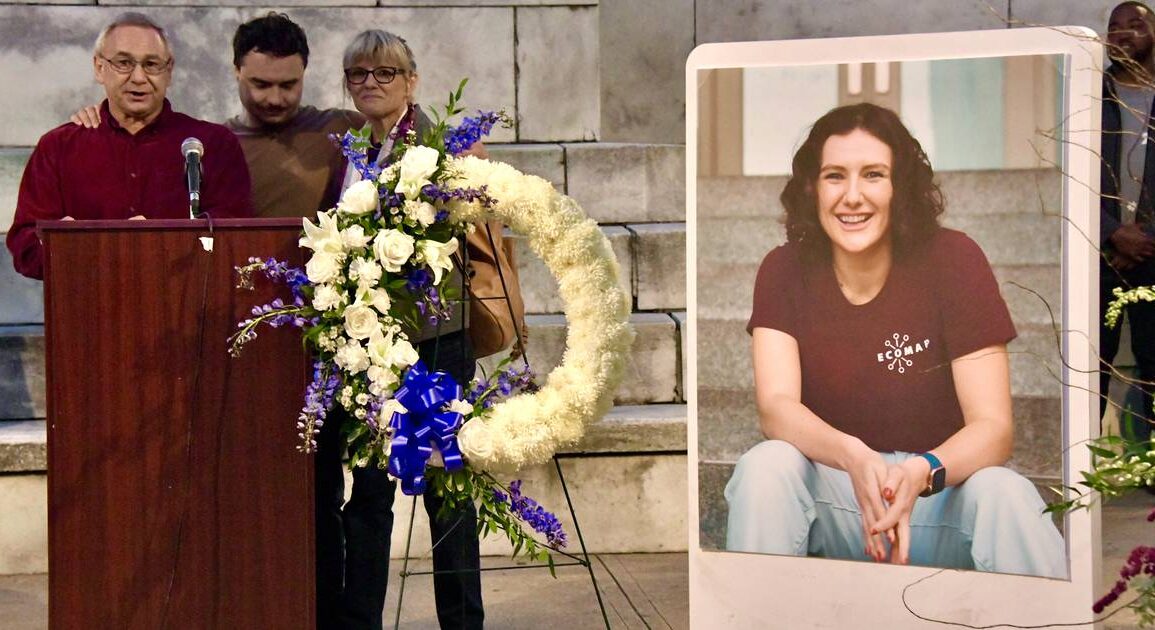
Accountability — we hear this word often, usually in reference to someone not doing their job or a lack of transparency. For those of us who work with survivors of sexual violence, intimate partner violence and human trafficking, accountability is almost always in reference to an abusive person being continuously enabled and allowed to escape consequences.
Most recently, we are seeing questions arise about accountability in the case of slain tech CEO Pava LePere. The man charged in her death, Jason Billingsley, was a repeat violent offender who was released early based on credits he accumulated for good behavior, despite receiving a 30-year sentence for a sex crime. Many are asking, how does someone with that record get released early? And that is a reasonable question to ask, as we grapple with how to hold people accountable while also pursuing needed criminal justice system reforms.
But let’s be honest — we know this lack of accountability is not an anomaly nor an individual-level problem. There is a system that allows for lack of accountability to persist.
We’ve seen large institutions evade accountability for decades — the Catholic Church; USA Gymnastics and Michigan State; most recently, Columbia University. We’ve seen the ultra-powerful and wealthy like Jeffrey Epstein enabled to prey on girls and young women for years. The list goes on. Beyond the big headlines, we know that thousands upon thousands of survivors must go about their lives while waiting and hoping for any movement at all on the testing of their rape kits, as over 70,000 remain sitting on shelves in storage rooms, despite progress made on the rape kit backlog in recent years thanks to advocacy efforts.
Occasionally, we see some steps toward accountability. Harvey Weinstein, R. Kelly, Larry Nassar, Danny Masterson — all now face long prison sentences. Though they were allowed to terrorize girls and women for years before any consequences finally caught up with them. In another reality of these system-based failures, each case required survivors to publicly relive harrowing moments repeatedly, at great risk and personal toll. Often, it’s only through dogged investigative reporting that finally we are forced to confront the truth, to stop looking away and to call for action.
Why do we accept this? Why do we not consistently demand justice for crimes of sexual violence and intimate partner abuse? Perhaps it is because we tend to see sexual violence as a consequence, not a crime. A consequence of the victims’ actions or inactions. A natural byproduct of their choices. It’s unfortunate, sure; but not a crime, not always.
We might consider it a crime when it is horrifyingly violent and random; then it gets harder to blame the victim — though not impossible. Many victims have been asked why they were walking alone at night, or why they answered the door, or why they got in the car (why did you, why did you, why did you…). And this assumes that you are believed in the first place. This is the perfect victim myth playing out in front of us every day, every time news breaks of yet another assault or cover-up of abuse. There is almost always some reason why you are not perfect and thus don’t qualify for protection under the myth.
Given that sexual violence heavily impacts people who identify as women, the victim-blaming impulse can be understood as a tool of the patriarchy, devaluing the lives of women and LGBTQIA+ individuals. Of course, men, too, are often victims — and patriarchy keeps them silent, too, through shame and toxic expectations of masculinity. Further, the inextricable link between patriarchy and white supremacy adds another layer to how we view and respond to sexual violence, based on which cases get our attention and calls for justice.
There are no easy answers here. Every question leads to uncomfortable conversations. Opinions may differ on what accountability should look like even among survivors and their allies — but we have to be willing to have those conversations if we are to move forward and create a better, safer world.
Jean E. Henningsen (jhenningsen@turnaroundinc.org) is senior director of strategic initiatives at TurnAround Inc., where Amanda Rodriguez is executive director. TurnAround provides comprehensive services to survivors of domestic violence, sexual violence, and human trafficking in Baltimore city and county.
This post was originally published on this site be sure to check out more of their content.







